Many pond keepers today and even before believed that adding pond salt to their water system will result to the elimination of fish pond sicknesses and parasite infestation. For a mild concentration of pond salt, that is indeed helpful to the betterment of a certain fish in the pond that has been sick or has been infected by some parasite. Conversely, the fish should be treated in an isolated fish bowl of some sort to avoid too much salt concentration in the whole pond area. If this happens, the chemicals that make salt will react to the other chemicals that you add to your pond which will lead to a worse condition.
Some types of chemical that do not match with salt include potassium permanganate and commercial adsorbents. Potassium permanganate is good for ponds. It is a typical pond chemical that is used to treat fish parasites. Commercial adsorbents area those that are used to absorb ammonia which comes from pond fish wastes and other decaying stuff in the pond. If the former chemical is accidentally combined with salt, they will react together and form chlorine which is infamous for its toxicity. The latter chemical which is bound to remove ammonia can be useless if combined with salt. In fact, salt is capable of increasing the amount of ammonia which is more fatal to the lives in the pond. You might cause yourself bigger problems without even knowing what you did.
That is the reason why pond specialists, pond keepers and other experts recommend that the use of chemicals in ponds should always be the final resort. However, there are some cases wherein you don’t have any other options but to use chemicals. If this happens there are some things that need to be considered before exposing your pond to any certain chemical.
First, you must have a reliable biological pond filter to handle the chemicals that will enter the pond.
Next is for you to know the actual pond water volume which includes the water in the filters, aerators and pumps. This will help you choose the right chemical dosage that you will expose your pond to. If you fail to check the overall water volume of the pond, you might overdose it with chemicals. This will then lead to more serious pond problems.
The last but not the least important thing you need to check on is the shelf life of the chemicals that you will put in the pond. You don’t want to expose your fish to chemicals that are expired, do you? And if you accidentally added some expired chemicals, they will for sure not work. Now the tendency is for you to add more chemicals that are within their shelf life. Remember, the more chemicals the pond is exposed to, the more dangerous it is for the fish, plants and beneficial bacteria.
Be sure to have checked all the things mentioned before putting chemical-based pond products in your. I will say it again. Do not resort to the use of chemicals unless deemed necessary.

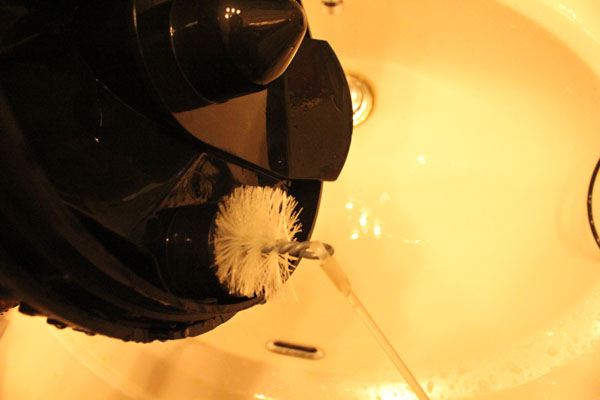 How to Maintain Your Aquarium Filter
Aquarium filtration saw monumental advances in technology du
How to Maintain Your Aquarium Filter
Aquarium filtration saw monumental advances in technology du
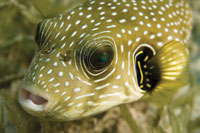 Pufferfish Teeth Care
Because their teeth are constantly growing, pufferfish
Pufferfish Teeth Care
Because their teeth are constantly growing, pufferfish
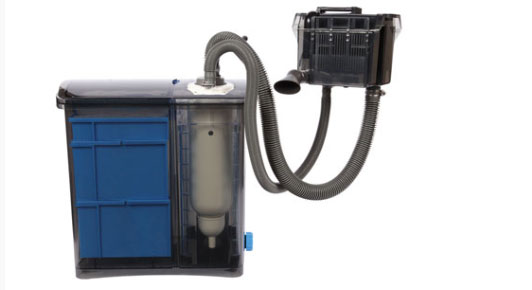 Aquarium Filtration Done Right
Today, keeping unique aquatic species is now commonplace tha
Aquarium Filtration Done Right
Today, keeping unique aquatic species is now commonplace tha
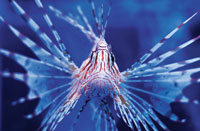 Invasive Aquatic Species
Last column, we discussed invasive species and the potentia
Invasive Aquatic Species
Last column, we discussed invasive species and the potentia
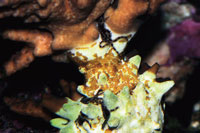 Coral and Invertebrate Quarantine Procedures
Coral and Invertebrate Quarantine Procedures